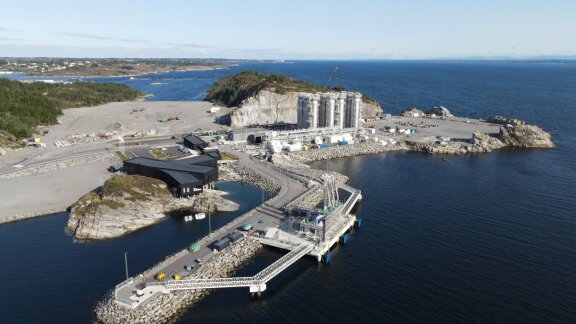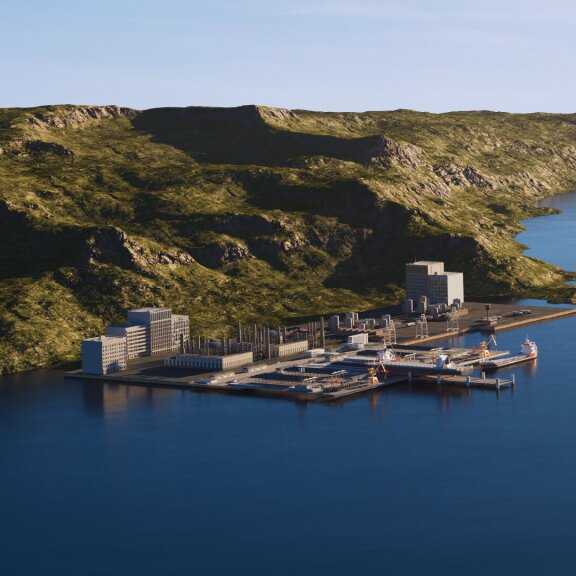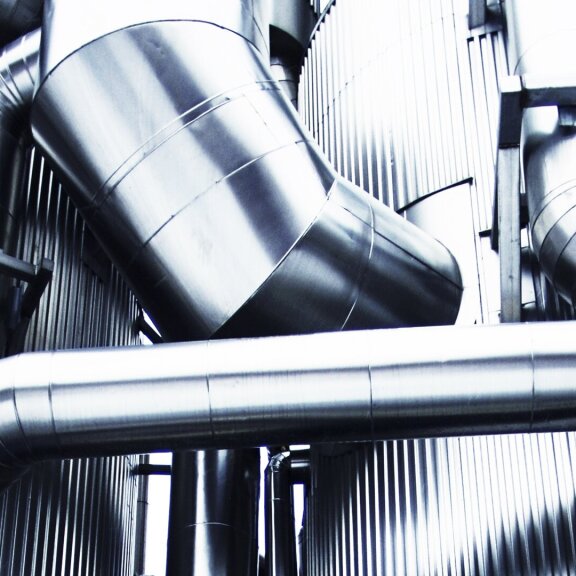Carbon Capture, Utilization and Storage

Vast experience across the carbon-scrubbing value chain has given us expertise and capabilities that range from front-end engineering and design to construction, installation and maintenance.
Our track record dates back to the Sleipner CO2-storage platform delivery in the 1990s to the Snøhvit CO2 project and the engineering, procurement and construction (EPC) of the amine plant at the CO2 Technology Centre Mongstad, Norway – the world’s largest and most advanced facility for testing carbon capture technologies.
We are technology agnostic, so we work with different technology partners for CO2 capture technologies. Our global experience and extensive EPC track record help us deliver commercially ready and cost-effective carbon-capture, transport, storage and injection solutions.
Aker Solutions is involved in all phases of the Norwegian government’s Longship project, the world’s first project for establishing full-scale CCS facilities in-line with the country’s international climate agreements.
In the beginning of 2024, working with Aker Carbon Capture, we are in the finishing stages of the construction of a carbon capture facility at Heidelberg's cement plant in Brevik, Norway. The development in Brevik is part of the Longship project which includes the Northern Lights CCS project that will see the development of a permanent CO2 storage facility off the west coast of Norway.
For Northern Lights, Aker Solutions was awarded the contract from Equinor to deliver the CO2 receiving facilities for Northern Lights, as well as subsea equipment for injecting captured CO2 into the reservoir for permanent storage.

We are also part of a consortium with Siemens Energy and Altrad Babcock where we have more than 450 years of combined experience to execute gas power projects with carbon capture and other subprojects for the growing UK market.

We are also supporting the deployment of a more cost-effective CCS value chain, by focusing on a modular approach of system blocks and accelerating the integration of CCS technologies at scale. The LINCCS project, which received funding from the Research Council of Norway, aims at cutting costs for new carbon storage facilities. This will be achieved through optimization of the CO2 value chain, with focus on transport and large-scale permanent storage of carbon after it is captured.
